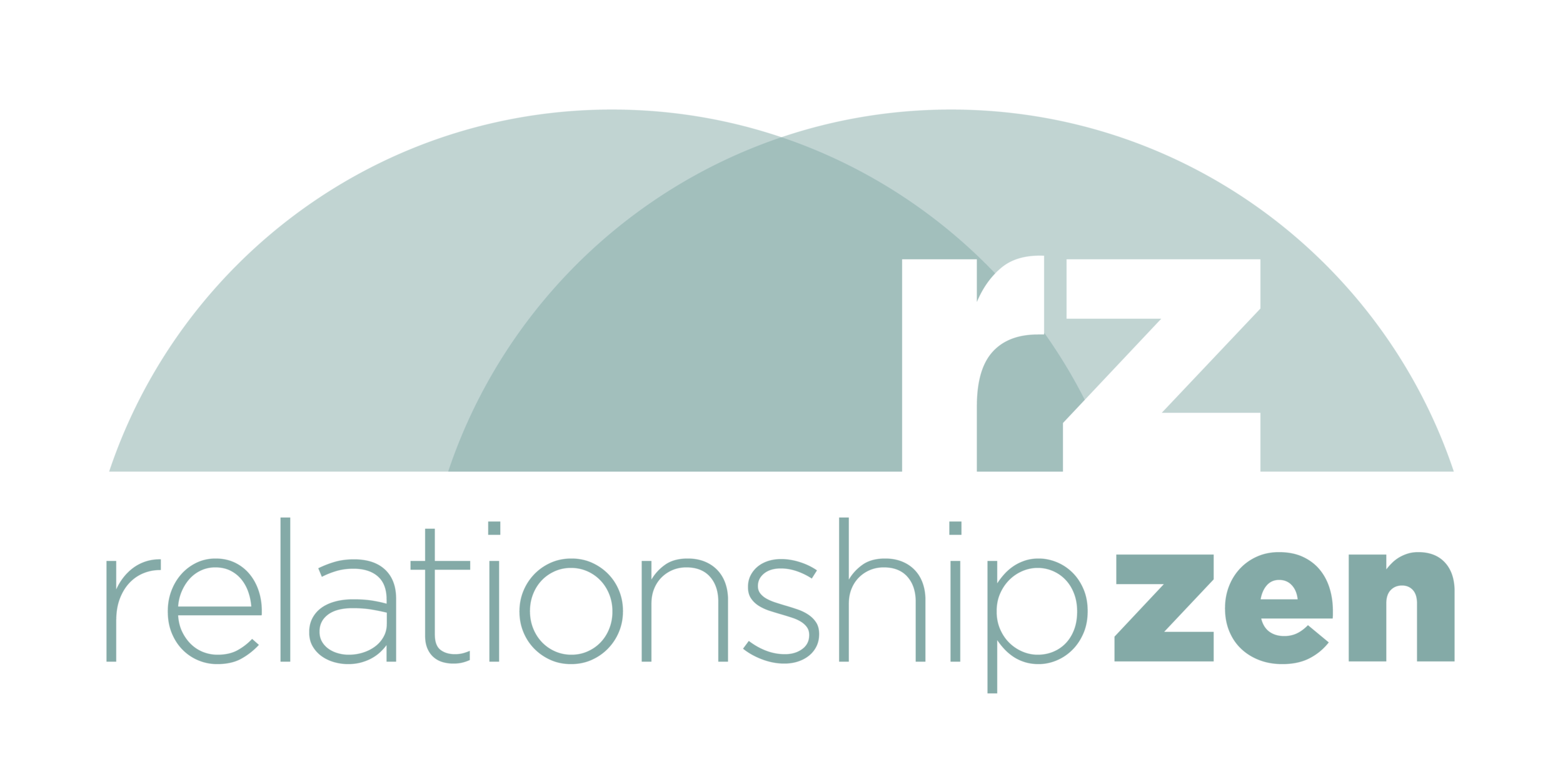How to Talk About Social-Political Issues: The Couples' Edition!
The years 2020 and 2021 may go down in history as the global pandemic, but it’ll also be remembered as time of social awakening in North America around issues of equity, diversity, inclusion and Indigeneity.
From displays of fear-based nationalism, to overt and violent racism, to the exposure of systemic inequities on so many levels, this time period exposed a lot that we need to address within our societies.
While there’s a long way to go, we’ve seen progress and social justice activism too!
We’re sure that these socio-political issues have made their way into your homes (as they should), at least in the form of conversation… and maybe in the form of arguments, debates, or even fights. They’ve definitely been the subject of almost daily conversations in our own household.
The political is personal today
Gone are the days when the political is separate from the personal, especially for those whose lives are impacted on a daily basis by these issues. In the past, couples could get away with not talking about their socio-political beliefs, but today those can be deal breakers.
In light of all this, we’ve been reflecting on how to support Relationship Nerds and conscious couples to have healthier conversations about socio-political topics, whether you agree, disagree, or agree to disagree with one another.
With healthier and more conscious conversations, you can make better decisions as a team about the actions you take on certain issues too.
We get it, these conversations can be difficult
The first thing we noticed form our work with couples is that these topics can lead to really hard, vulnerable, and difficult conversations.
They are values-laden and can surface irreconcilable differences in beliefs and attitudes.
They can be triggering, activating, or upsetting.
They can bring on fragility, shame, or guilt.
They can expose apathy, toxic masculinity, or colonial beliefs you didn’t know you had!
But these conversations are also necessary (to the extent that you learn to do it in healthy ways).
We believe that thriving couples can have these conversations in ways that promote intellectual and emotional growth toward intentional action.
Hard conversations help you grow as individuals and as a couple
If done correctly, discussing and taking action on socio-political issues will help you learn about yourself, each other, how you want to BE as a couple, and the society you want to help to create.
Have you thought about what you want to model and represent as a couple and through your relationship?
Whether it's about anti-racism and discrimination, local and international conflict, vaccinations, or other socio-political issues that matter to you, create space for more conscious dialogue, intellectual and emotional growth, and understanding in your relationship.
A good place to start is to get clear about the main communication pitfalls to avoid when speaking about socio-political issues.
What are the main communication pitfalls?
Fighting: This is when at least one partner feels attacked, criticized, or disrespected. Gottmans’ research on thousands of couples tells us when we’re going too far with passionate arguments — that’s when you start to express criticism, contempt, resentment, and/or defensiveness. These four behaviours are so serious that the Gottmans called them the four horsemen of the apocalypse. Do you criticize, act contemptuous, get resentful, or feel defensive in conversation? If so, pay attention.
Manipulation: This happens when at least one partner's attitudes, values, and beliefs dictate how the other partner thinks, feels, and acts about issues. There’s no room for dissent and there’s plenty of gaslighting, expectations, and guilt-tripping. We see this too often unfortunately — one partner is silent, repressed, or unable to form their own opinions about issues. They’ve been conditioned to act that way. At worst, they’re dominated when they do try to bring up a different opinion. This is a huge red flag where professional support (i.e. coaching, counselling, or even domestic violence hotlines) may be required. A green flag would be the ability to hear your partner even if their views are different from yours.
Can we pause on fighting and manipulation for a second? Listen, you don’t want the kind of relationship in which you win your arguments but end up crushing your partner’s sense of self-expression, right? No. You want the kind of relationship in which you can support one another to expand in your own ways!Avoidance: This is when at least one partner avoids conversations because they feel afraid or guilty for exposing points of conflict. This is a problem because in a thriving relationship, partners work to feel safe and free to be courageously authentic and to express themselves fully (and respectfully).
Confirmation Bias: This is where you create your own filter bubble or echo chamber in which you reinforce each other’s ideas no matter how false or uninformed they may be. OK, we admit that this isn’t technically a communication pitfall in the strict sense. If you’re simply agreeing with each other we suppose it’s not a big deal as it relates to communication. However, we included this because it can cause harm if your confirmation bias keeps you thinking small over time. See, in a thriving relationship, you grow as an individual and as a couple versus staying stagnant. This means that it’s healthy to push and challenge your own assumptions and invite more complex, critical, and nuanced views of the world into your relationship.
Which of the pitfalls resonate with you most?
Avoidance
Fighting
Manipulation
Confirmation bias
Take a moment to reflect:
What other communication pitfalls have you experienced?
In your relationship, do you agree, disagree, or agree to disagree on socio-political issues?
Are you discussing these topics in ways that deepen understanding of the issues and of each other? Or, are you getting stuck, both intellectually and emotionally?
How to have healthier conversations about socio-political issues
Let’s take for granted that you see the value in having healthier and more conscious discussions about socio-political issues. Where do you start?
The key is to focus on being curious and open to truly hearing your partner instead of focused on winning or proving your point.
This is especially important if you find that you have fundamentally different views.
Fundamental differences in views, personality, and lifestyle can cause perpetual (unsolvable) problems. Actually, the Gottman’s found that 68% of problems that couples face are perpetual instead of solvable problems.
But don’t despair.
The way to “solve” perpetual problems is actually to hear each other out in emotionally intelligent ways so you can understand and respect each other even when you don’t agree.
Think about it, even though you may disagree, have you actually made the effort to see things through your partner’s lens? Do they feel heard?
Ask one another some of the following prompts to help you gain a better idea of each other’s worldviews — you don’t have to agree but you do have to learn to see where the other person is coming from. Whether you’re asking the questions or being asked the questions, try to remember that you’re a team and stay gentle and open with each other — doing so will help you solve miscommunications and address perpetual problems:
➡️ Tell me why this is so important to you.
➡️ What's your understanding of the issue? What feelings do you have about this issue?
➡️ How has your perspective of the issue shifted over time?
➡️ How did you come to adopt this view?
➡️ What does this say about your values?
➡️ How open are you to other perspectives about this topic?
➡️ How are our views similar and how are they different?
➡️ What do you wish or need from me when this issue comes up?
➡️ Bonus: How can we learn more or do more about X together?
Pick the prompts that apply. All of the prompts don't apply to all situations.
What if you realize your differences are too great?
If you’ve put your best foot forward and realize you cannot be together due to your different views, then you have to make a choice.
Will you each learn to live with your differences? Or, does your sense of integrity compel you to go separate ways or to change the nature of your relationship?
It may not be an easy choice, but it’s an important one to make.
Forward this article to your friends and family
Let's normalize being intentional and conscious about our relationships.
Let’s do it as a community. Who said you need to wait until things are broken to work on your relationship? And who said you need to do it alone? No one who was wise. ;)
Sometimes we all just need a little nudging, coaching, and feedback to go from stressed out to feeling in zone in our relationships.
We’re not two halves, we’re two wholes sharing a path and we’re inviting you to join the movement!
David and Lindsey
Co-founders of Relationship Zen and creators of the Thriving Relationship Academy




